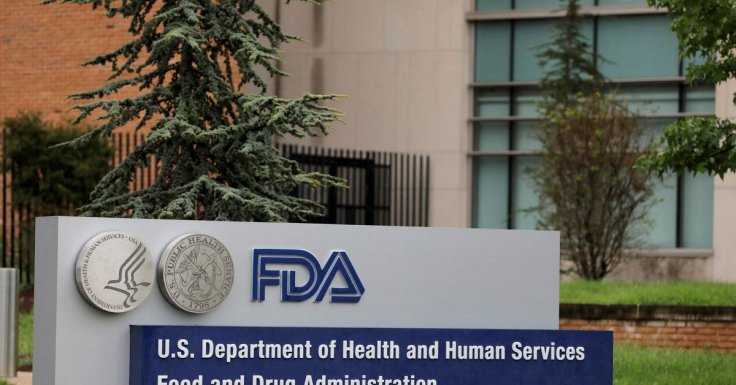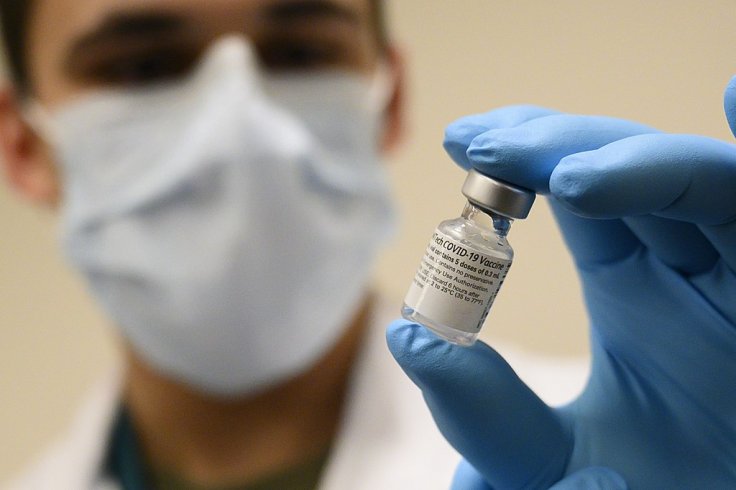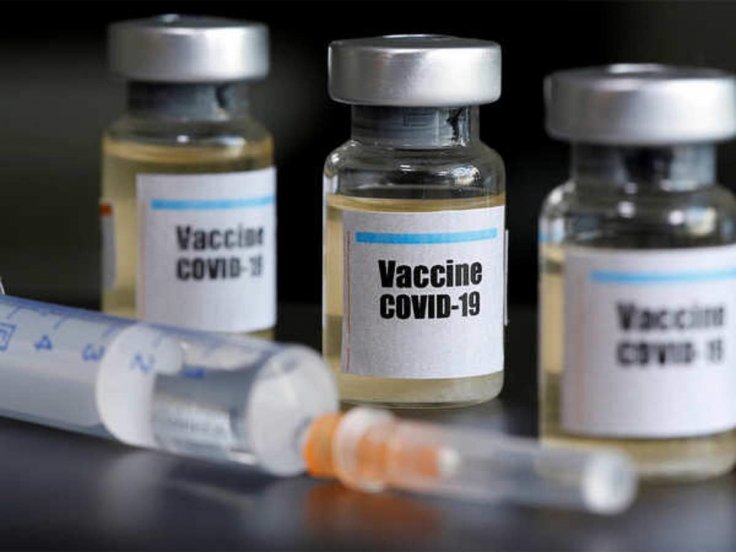The Food and Drug Administration (FDA) announced on Thursday that it will restrict the use of the Johnson & Johnson Covid-19 vaccine following an investigation that shows those who took the jab were at an increased risk of developing a life-threatening blood clot. FDA said that it will now decide who can take the vaccine and who cannot to avoid risks of further deaths.
The agency is now only approving the Janssen Covid vaccine for people aged 18 and above for whom other authorized or recommended vaccines are not available or clinically suitable, as well as for those aged 18 and above who would not otherwise receive a Covid vaccination.
Strict Order

There had earlier been reports of blot clots that even resulted in deaths after getting the Johnson & Johnson vaccine. For months, US authorities have advised Americans to start their COVID-19 vaccinations with the Pfizer or Moderna vaccines.
Finally, after an investigation proved that the Janssen Covid vaccine increases the risk of a life-threatening blood clot, the FDA decided to limit its use. The FDA on Thursday said that the vaccine would be given to adults who cannot receive a different vaccine or specifically request J&J's vaccine.
The agency said that it decided to restrict the use of the J&J vaccine after going through data that showed a higher risk of developing life-threatening blood clots within two weeks of taking the jab.

Data showed that those who received the J&J vaccination experienced thrombosis and thrombocytopenia syndrome (TTS), an uncommon and possibly life-threatening condition that causes blood clots and low blood platelet levels.
"Our action reflects our updated analysis of the risk of TTS following administration of this vaccine and limits the use of the vaccine to certain individuals," Dr. Peter Marks, the director of the FDA's Center for Biologics Evaluation and Research, said in a statement on Thursday.
"We've been closely monitoring the Janssen COVID-19 Vaccine and occurrence of TTS following its administration and have used updated information from our safety surveillance systems to revise the EUA," Marks added.

Officials have documented 60 confirmed cases of TTS after taking the Johnson & Johnson's vaccine, with nine of them being fatal.
Better Options
The CDC's Advisory Committee on Immunization Practices unanimously voted in December to award Pfizer and Moderna's two-shot mRNA vaccines a preference recommendation. Given that it only required one shot, J&J's vaccine was first thought to be an important tool in the fight against Covid-19.
However, the single dose of vaccines was found to be less effective than the two doses of Pfizer and Moderna. Later, cases of blood clots were observed that also resulted in nine deaths.

According to the FDA, TTS is reported in 3.23 per million doses of vaccine provided, while TTS deaths are reported at 0.48 per million doses of vaccine delivered. Symptoms appeared one to two weeks after the vaccination was administered in the confirmed cases.
However, according to the new FDA guidelines, J&J's vaccine can still be administered to those who have a severe allergic reaction to one of the other vaccines and are unable to receive another dosage. According to the agency, J&J's shot could be an option for patients who refuse to get the mRNA vaccines from Pfizer and Moderna and would otherwise be unvaccinated.
The clotting issues initially surfaced last spring, with the J&J vaccination in the United States, with a similar vaccine made by AstraZeneca in other countries. At that time, US regulators decided that the benefits of J&J's one-shot vaccine justified the danger of an extremely rare adverse effect if patients were informed.

COVID-19 can also induce life-threatening blood clots. The vaccine-linked kind, on the other hand, is thought to develop as a result of a rogue immune response to J&J and AstraZeneca vaccines due to their manufacturing processes.
It occurs in uncommon areas, including the veins that drain blood from the brain, and in people who have abnormally low amounts of platelets, which help clots form. Severe headaches, abdominal discomfort, and nausea are among the symptoms of the odd clots, which appear a week or two after the J&J immunization but not immediately.
In the United States, approximately 18.7 million doses of Johnson & Johnson's vaccine have been provided.








